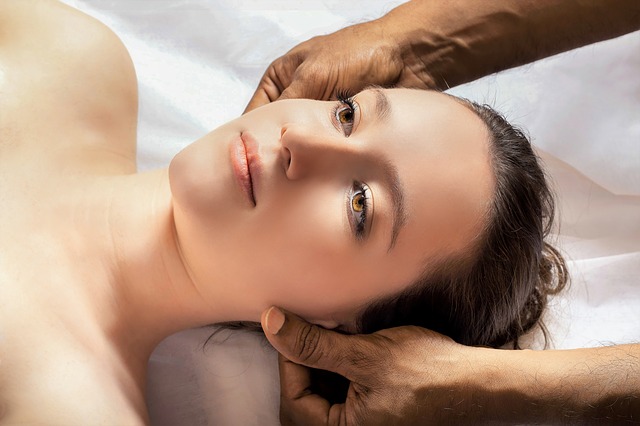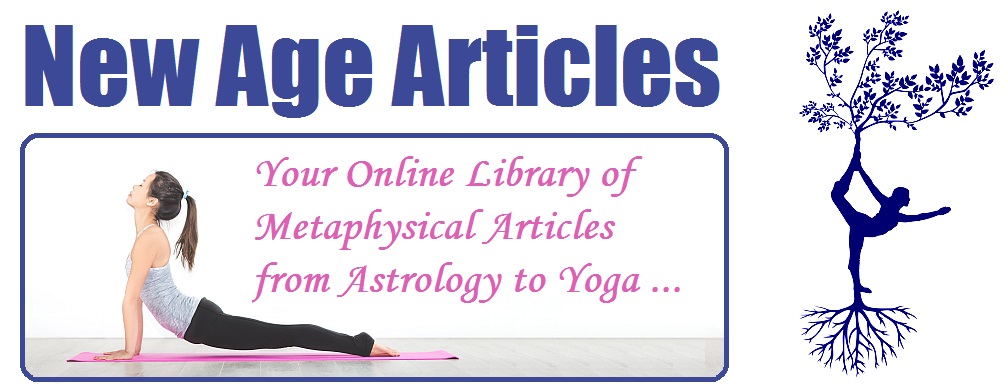What Is Reiki by Jonathon Hardcastle

Reiki is the practice of using one’s hands to direct and channel the energies, or Ki, of the body , thereby healing the patient. Most schools of Reiki teach that energy has an intelligence of its own and that once it is channeled will automatically work on the part of the body that needs it most.
Reiki was founded in the early 1900s by a Buddhist, Mikao Usui, who, after a long period of fasting and meditation, claimed to hear voices revealing “the keys to healing.” Usui then trained several disciples and the practice spread throughout Japan. Heightened interest among Americans in alternative health practices led to the spread of Reiki in the United States in the latter part of the twentieth century.
A typical Reiki session involves the patient lying down on a table or bed and the Reiki practitioner moving his or her hands over or on the body. The patient may feel sensations such as cold, heat or tingling, or they may feel nothing. Reiki practitioners attribute any sensations to the movement of energy through the body. Some practitioners charge for their services and others don’t.
Reiki is controversial because there is no governing body that standardizes training and practice and licenses practitioners. There are several different “schools” of Reiki, each teaching slightly different methods and practices. There are Wiccan, Celtic and Tibetan flavors of Reiki, and even one that was developed in the American Southwest. In the most traditional school of Reiki, students must complete three courses before they can become Masters and initiate and train other students. This has led to the rise of internet-based distance courses in Reiki, some of which claim they can train a student in just three days.
Most conventional health practitioners question the efficacy of Reiki. They point out that research does not indicate that it is beneficial and fear that patients with serious diseases will seek Reiki treatment over other, more proven, treatments. However, some have seen some benefit in including Reiki treatments along with more conventional medicine.
Reiki has often been compared to the faith healing or laying on of hands practiced in some Christian churches. Some Reiki practitioners prefer the term “spiritual healing” because the patient does not have to believe in any doctrine for the treatment to work. In fact, they claim that the patient does not have to believe the treatment itself will work in order for it to be effective.
About the Author:
Jonathon Hardcastle writes articles on many topics including Alternative Health, Relationships, and Health.






